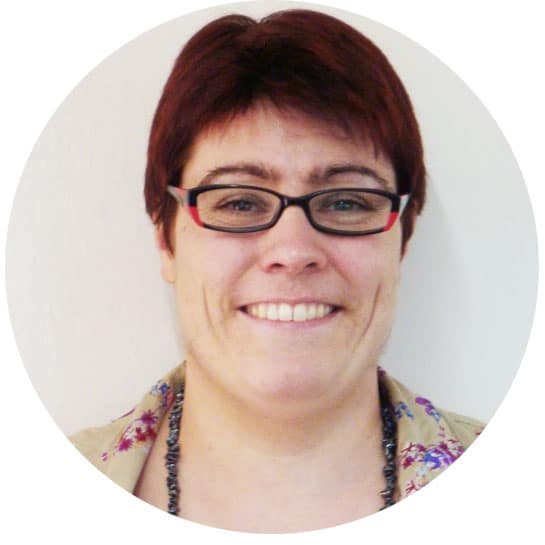IWD2018 Women in Data Science
Featuring Catherine Pfeifer (ILRI)

Catherine Pfeifer
Spatial analyst at the International Livestock Research Institute (ILRI)
Nairobi, Kenya

As a spatial analyst, I handle all data broadly related to livestock with a spatial component, from simple study area maps to complex spatially-explicit simulation tools. I have a keen interest in linking bio-physical and socio-economic processes to better understand the contexts within which we do livestock research.
How did you come to pursue a career in data science?
During my studies in economics, I have always been puzzled about the lack of economic models to take context in which they are applied into account. This is why I started combining economics with GIS (geographical information system) during my Ph.D.
Because location is often the only single commonality between very diverse data sets from very different scientific fields, it is often the only way to integrate, which has lead me to data science.
What are the things you love about your role in data science?
My job is both very diverse and I have both lots of private “nerdy” time to write code, explore data and think about how new products could look like and very social time, interacting with people and colleague to operationalize what we learn from the data and test new hypothesis.
Often I help projects to identify the best sites for the studies based on the many data I have. I really love to go and explore these locations by interacting with livestock keepers on ground and see how their local stories line reflect in the, often quantitative, data I have.
What has been the most exciting project you have worked on?
More and more data is openly available and up-dated on regular base. However, only few people on the ground know about it and are able to interpret it in a meaningful way. I have developed an ex-ante environmental simulation tool that integrates and interprets a broad set of livestock and environmental data for decision-makers in the livestock sector. This tool was then used in a stakeholder process exploring possible development of the cattle value chain in Burkina Faso, where a conflict between pastoralists and non-pastoralists blocks any development. During the workshop, the tool became “the neutral player” in the room and data contributed bring disputed parties to listen to each other for the first time. There is no greater gratification than a pastoral community leader who is thanking you in public for having offered his community insights about feasible transformations and hope that a good future possible.
Do you feel this is an exciting time to be a woman working in the data sector?
It is an exciting time to work in the data sector, both for women and men. If we get it right, the data revolution can change the livestock/agricultural sector by getting timely and individually adapted solution to people whoever and where ever they are and hold the promise of better and healthier lives for all.
Why do you think there is a lack of women in Tech/Data sectors?
I guess fewer women are technically oriented than men. We should make sure that those who are therefore do follow this path without being discouraged by societal values. I was lucky meet senior women in modelling and data science along my career who have encouraged me to follow this path.
As a women, did you face any obstacles/challenges in your career pathway to work in data science?
The main issue with data science, is the generation gap, between young people, are conversant with technology and the data revolution and the older generations that do not really understand what this is all about. When this generation gap is combined with gender, as a young woman in the developing world, you are challenging the status-co on all fronts. This requires perseverance and communication skills that data scientists often are not born with.
Why should more women get into data science?
Data science is a cool job, so why should we leave it to men?
How could more women working in data, specifically for the development/agriculture sector benefit the sector?
In the livestock/agricultural sector in the developing world, the role of men and women are still very rigid and often women have less opportunities, less access to resources not at last because they often have a lower education level. Digital agriculture products resulting from data science may increase this gap for example if these products require fancy phones or high literary rates but can also decrease this gap if these products unlock access to resources that women could traditionally not access, for example by linking producers and supplier by internet platforms. Having more women in data science coming from these backgrounds could help make sure that the data revolution will work for women in the livestock/agricultural sector.
What advice would you give to women wanting to get into data science?
Just do it! and do not listen to people who want to discourage you.



